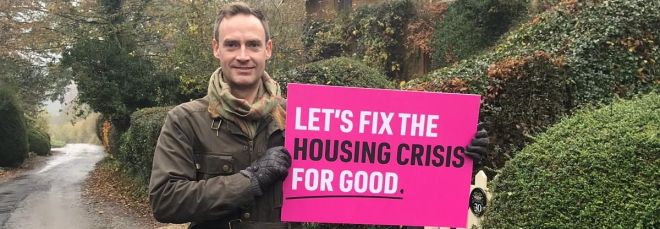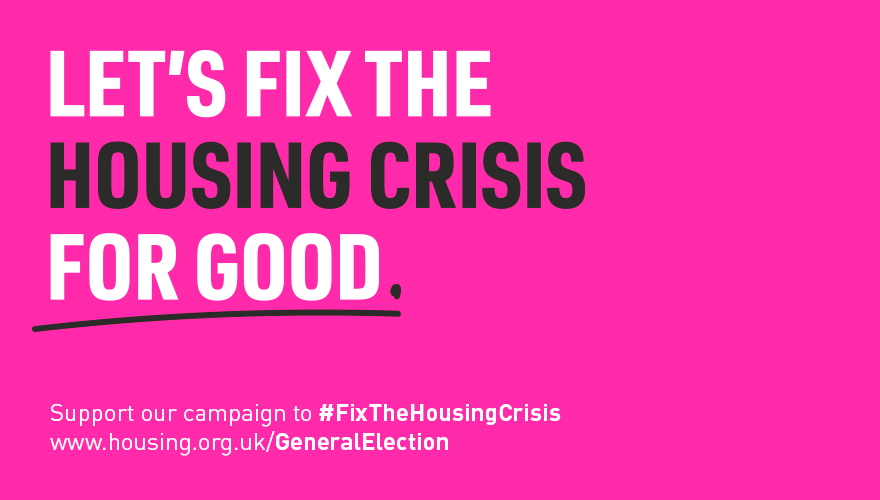T: 01822 851370 E: [email protected]
Visit RSN Survey about life in rural England to find out more.
Provision made for rural communities in 2019 General Election manifestos “woefully inadequate”
 Article by Martin Collett, Chief Executive, English Rural
Article by Martin Collett, Chief Executive, English Rural
Woefully inadequate. That best describes the provision made for rural communities in the 2019 General Election manifestos. Taking the blue, red, and yellow versions, the word ‘rural’ appears a total of 20 times across the collective 269 pages. Considering that 9.5 million people, 17% of the UK population, live within rural communities, woefully inadequate is even a little generous.
The good news is that all parties have something to say on housing, and to varying extents on affordable housing, but nothing of substance it seems on affordable rural housing. Second home owners get singled out as the primary villains, with little reference to the fundamental failure from successive governments to enable or fund adequate housing provision. The recognition from all parties for the need to enhance the role for tenants is welcome. As a member of the Together with Tenants Steering Group and early adopter of this initiative, this is something English Rural fully endorses.
Here at English Rural we are proud to be supporting the National Housing Federation’s campaign ‘Let’s fix the housing crisis – for good’. A call on all political parties to pursue policies that will genuinely tackle this national crisis.
The affordable rural homes we build through community partnerships are small in scale, but big in impact. They secure benefits for local people and the economy. Along with other housing associations, we want to do more. Whoever gets the keys to 10 Downing Street on 12th December, our message is simple – we want to work with you to deliver the affordable homes that people living in villages desperately need.
The accepted approach in party manifestos is to group rural with coastal areas, they become ‘Rural and Coastal Communities’. To me this coupling has always been odd. Growing up on a farm in the very centre of England, at least two hours drive from the nearest coast, I can honestly say that my home community identified in no way whatsoever with those living by the sea. A trip to the beach was an annual outing, handled with care on the basis the neither parent had the inclination or need to swim. Coastal and rural communities are quite distinct and should be treated so.
The link I suspect is food production and conservation. Undoubtedly these are important, but shore-up an over-simplified view of the current and future economic potential of the countryside. The manifesto authors have clearly not come across the Country Land and Business Association’s rural powerhouse campaign. This shows how a diverse rural economy has the potential to help close the productivity gap. Adding £43bn per year to the economy, while transforming the lives of millions of people who live and work in the countryside.The need for political parties to include rural in mainstream thinking is made clear by the Rural Services Network’s pre-election call on political candidates to #RememberRural. This calls for candidates to endorse a fair-share of funding for rural communities. To support priorities including health, care, and transport. But most importantly, in our view, to support planning and investment in new affordable homes that are the bedrock for a thriving countryside.




